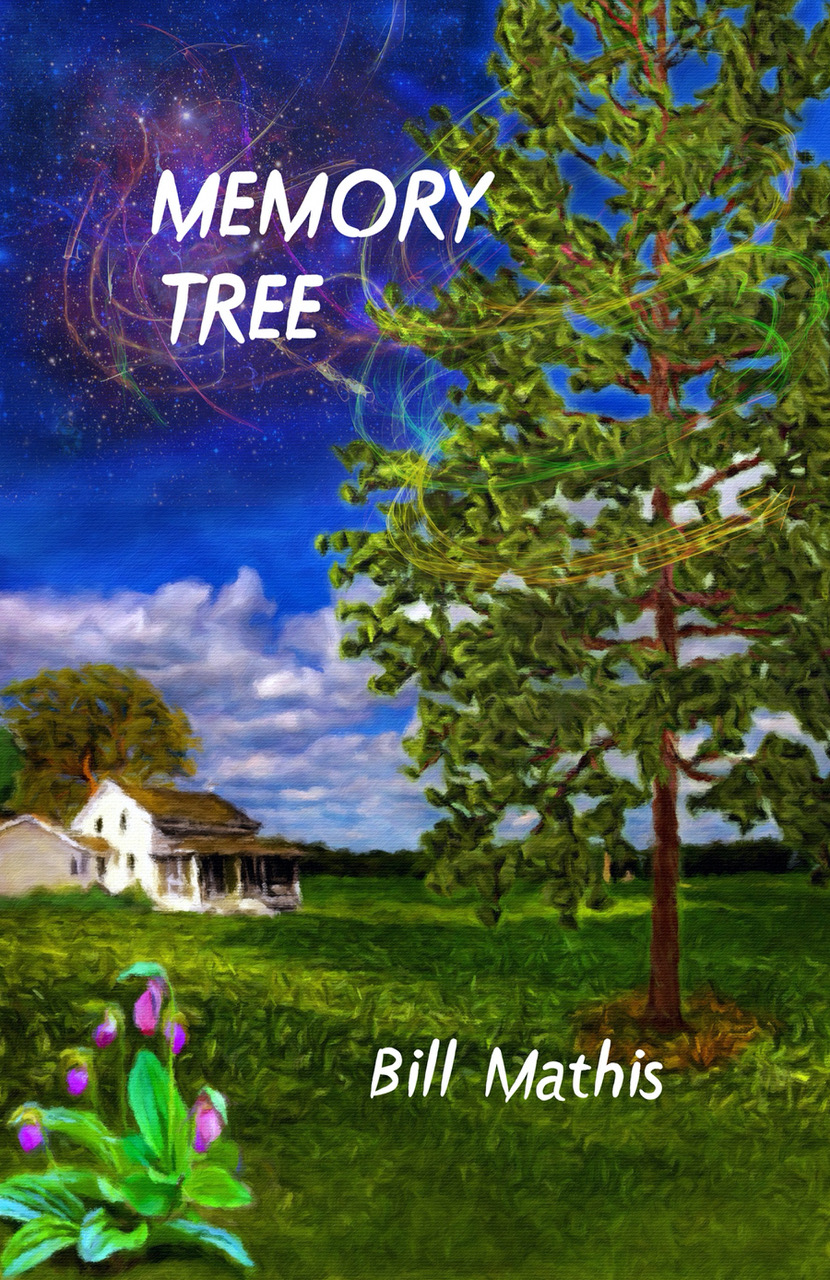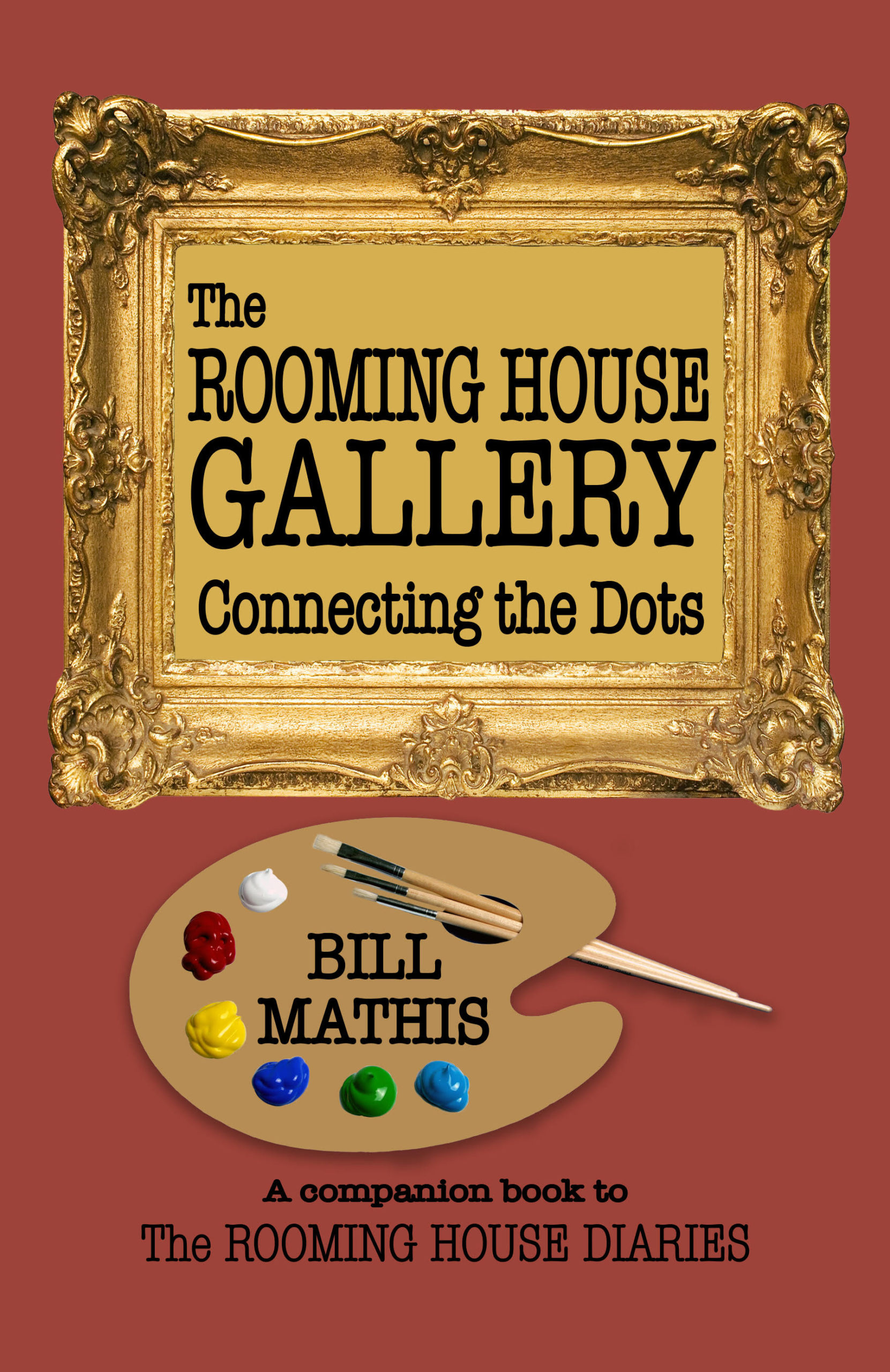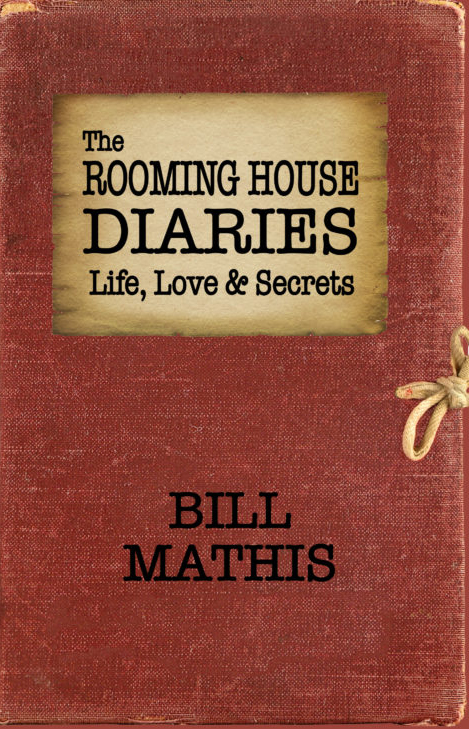The second novel by Bill Mathis will be published in August 2019 by Rogue Phoenix Press. Available for preorder through Amazon as eBook or paperback around mid-July, 2019.
Diary 5
WalentinaAdamczyk (In Poland-Adamowicz)
Born, Warsaw, Poland, October 12, 1868
Died, Chicago, October 23, 1918
Diary discovered in 2011 under aged shelf paper in the back apartment closet, and translated into English by first-generation Polish-American students at the University of Illinois-Chicago.
One day, a social worker met me after school. “I’m sorry, but your mother will not be coming back from jail for many years. This was not her first arrest or attempt at bribery. She has avoided prior court dates. She was sentenced this morning to at least six years in prison.”
I stood strong, not crying. I was shocked. What would I do now? I knew I would run out of money soon, plus the rent was due the following week…“What should I do?” I asked the social worker. “I have no relatives nearby and the ones in New York never liked me.”
“I spoke with your mother. She said she loves you and is so sorry your life has turned out this way. She said she knows you can never forgive her.”
At those words, I cracked. All my fear erupted and I fell into the woman’s arms, crying. She held me tight, patted my back like my mother did when I was little and upset.
“Your mother said to take you to the Catholic orphanage.” She paused and cleared her throat. “Next, she said you were strong, smart and resilient. ‘Do anything necessary to survive,’ she said to tell you. ‘Always set a goal above survival. You can and will succeed. It won’t be easy, but I know you will.’ Those were your mother’s words as they put her in the carriage to take her to the prison.”
At the orphanage, many of us girls enjoyed journaling, in fact, were encouraged to. I kept one in Polish and English, the usual stuff a twelve to fourteen-year old girl might record. I kept a second one, well hidden, in which I wrote my true feelings of loneliness, growing frustration, and yet, still my love for my parents and how confusing both emotions were. This journal, I wrote in Yiddish. Once, I was careless hiding it and a nun discovered it. They frequently read the girls journals and would comment if the topics drifted to boys or any hint of sex.
“What is this?” the nun asked, waving it in my face (I can’t remember her name). “What type of scribbling is this and what does it mean?”
“It’s Hebrew,” I said. “I was just practicing the Hebrew alphabet and some verses from the Bible.”
She looked at me suspiciously. I had to think quickly. “You know we have a copy of the Bible written in Hebrew in the library. Remember? We had to look at it to see what that language looked like and how the Old Testament was first written by Moses.”
She tilted her head, still suspicious.
“I just thought the letters and printing were so beautiful, I wanted to copy it.” I flashed a big innocent smile.
“What does it say? Read me what you’ve written,” she ordered sternly, like I was some spy or something.
“I can’t. It’s Hebrew. Only Moses or some Jewish rabbi could read it. Not me.”
She harrumphed, tossed it on my bed and stalked off. I thought I saw a smile trying to crinkle her face. After that, I hid it even better. Every so often, just for appearance sake, I would sit in the library and copy some verses out of that old, dusty, Hebrew Bible, from right to left. I had no idea what I was copying, the letters are similar, but that was about all, the pronunciation and grammar were totally different.
Next week Wednesday, another excerpt! Sign up to have them emailed directly to you.






